Content notice: This article includes mentions of sexual assault and abuse.
The recent Spectator coverage of Fr. Stephen Sundborg, S.J.’s return to Seattle University this fall as Chancellor has sparked mixed responses from the Seattle U community. While the faculty quoted in the original article expressed excitement, former Seattle U students shared concerns about Sundborg’s return.
While Sundborg’s return was announced via a President’s Update from Eduardo Peñalver Feb. 22, this was not emailed to the student body like many university developments are. Alumna Anabel Pinto was unaware of Sundborg’s return until she saw The Spectator’s article.
Pinto felt as if the original coverage did not fully address Sundborg’s time as president of Seattle U. In her eyes, having him return as Chancellor, a role Sundborg described as “public Jesuit ambassador” for the university, feels incongruent with what the student body actually thought about him.
“There was literally no mention of allegations against Fr. Sundborg,” Pinto said. “Considering how much the student body protested against his actions, it feels very contradictory to what the student body represents.”
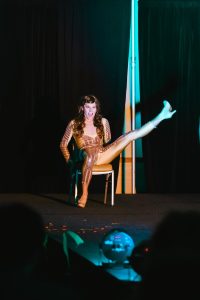
One such controversy came in 2018 after the Triangle Club’s Annual Drag Show. The story was featured on the cover of that week’s print, depicting a student drag queen doing a kick while sitting in a chair.
After the copies were distributed, Spectator staff noticed that many had seemingly disappeared from stands. They later found out that Fr. David Leigh, S.J., had taken the copies, saying that he felt the cover image was inappropriate. Right before Leigh’s admission, 2018 graduate and former investigative editor for The Spectator Tess Riski sat down for an interview with Sundborg, where he also shared dislike for the cover image.
Riski shared that she originally found Sundborg for an interview because she felt as if he may have known something about the missing papers. She also remembered Sundborg as being easy to contact and communicate with.
“One of the things about Fr. Sundborg, at least while I was at Seattle U, is [that] he has always been very open to interviews. I don’t recall him being evasive,” Riski said. “I think he always answered questions, and he would be generally open to talking.”
Sundborg claimed to not have anything to do with Leigh’s actions. But the comments he made in that interview, including references to the cover photo as “indecent” and “offensive” were not received well by students and alumni. In various letters to the editor published in The Spectator, people shared how harmful Sundborg’s comments were to the LGBTQ+ community. He later sent an apology to the university community, but for some, this was not enough to repair the damage.
At the end of the 2017-2018 academic year, The Spectator Editorial Board published an article that detailed the ways in which Sundborg was allegedly connected to sexual abuse in the Catholic Church, and how Seattle U itself was complicit in supporting sexual abuse and perpetrators.
From 1990 to 1996, Sundborg served as the Provincial of the Oregon Province of the Society of Jesus (OPSJ), a sprawling organization directing Jesuit activities in Washington, Oregon, Idaho, Montana and Alaska. Sundborg’s tenure was stained by his appearance as a defendant in a 2009 civil lawsuit which accused him of covering up sexual abuse by priests during his tenure. While the suit would be settled out of court (with various sexual abuse settlements eventually bankrupting OPSJ) and a judge would dismiss Sundborg’s involvement, the specifics of his alleged actions still left an impact on the Seattle U community.
Much of the concern centered around the case of one Jesuit priest, Fr. James E. Poole, S. J., who was first put under investigation for allegedly molesting and raping Alaskan Native women and children. Poole was never charged with a crime , but many cases brought against him have been settled by the Society of Jesus, according to Seattle newspaper The Stranger. The accusations were allegedly forwarded to Sundborg, who had a closed-door meeting with Poole. Poole was placed on probation and sent to treatment for a year.
When asked about whether or not he would have come forward if Poole were to admit criminal guilt, Sundborg told the Seattle Times in 2005 that he would’ve worked to bring it to light.
“To give the impression that I would not have acted on it to protect children is absolutely false,” Sundborg said.
In total, Poole, while under the supervision of OPSJ, would allegedly victimize untold numbers of people over a period spanning at least 40 years. These victims would be joined by hundreds of others reporting widespread, systemic sexual abuse for decades in Alaska, including the period in which Sundborg was president and chose to allow Poole, Fr. Henry G. Hargreaves, S. J., Fr. George S. Endal, S. J., and other priests to remain in vulnerable communities following alleged sexual misconduct. Sundborg shared in a statement that all allegations were false and that the lawsuit was an attack on his reputation.
The complaint filed in the Alaska Superior Court’s Fourth Judicial District can be read online.
2014 Seattle U School of Law Alumna Priscilla Moreno shared that she felt a complacency toward abuse with Seattle U administration and Sundborg. She alleged domestic abuse from law school student Redwolf Pope, and felt as if she did not receive adequate support from the school in protecting her or holding him accountable for his abuse.
When Moreno went to trial against him, Pope used a letter from Sundborg to defend his character. She was surprised by the letter being used.
“[Sundborg] was first asked to provide a letter for the bar exam reference points, and then he was again asked if he could use the letter for court against me,” Moreno said. “[Sundborg] did later provide a letter for me that in his words clarified his initial stand that he did not actually mean for it to be used adversarially against another student.”
Moreno was clear that she was not the only person who had negative interactions with administration. Pinto agreed that many people, including herself, did not feel safe to bring cases dealing with sexual assault to Seattle U.
“I didn’t report my case of sexual assault because of the environment that Sundborg had created, where no Title IX’s had gone forward to my knowledge,” Pinto said. “The guy that had assaulted me came from a family that donated a lot of money to the school, he was an athlete. Based on Sundborg’s track record I knew that I was not going to have anything beneficial come about by going to the school.”
Amidst growing distrust between Sundborg and the student body, the 2019-2020 academic year began with his choice to remove Planned Parenthood as a resource on Seattle U websites. Many students were upset at this choice, and protests erupted on campus. Sundborg noted in an interview regarding the protests that he appreciated that students were open in communicating with him during listening sessions.
Frances Divinagracia, a 2020 Seattle U graduate and former news editor for The Spectator, wrote multiple articles regarding this choice.
“That happened at the very beginning of the school year, so it all happened super fast. It was kind of a big deal for us to have this big story with Sundborg using these Catholic values to uphold certain decisions that he made,” Divinagracia said.
For Divinagracia, Sundborg was not always as easy to reach. In trying to get stories out as quickly as possible, she and the editorial board spent lots of time working around Sundborg’s schedule.
“Sometimes it wasn’t necessarily just interviewing him, it was interviewing his assistant,” Divinagracia said.
With this history, former students are concerned by his return as Chancellor.
“I don’t believe he should have a position of power or authority at SU. He does represent a lot of what is wrong with how students have been treated at SU,” Moreno said.
Sundborg retired in 2021. The last students who would have had him as president will largely be graduating this spring. With a new incoming class, Riski stressed the importance of learning university history.
“Something I learned when I was a student there is that you have these cycles of students every four years. And the institutional memory at a university can be really short for that reason,” Riski said. “I think it’s good to keep that history alive and not be repeating the same things.”
Despite potential apprehensions, Divinagracia is hopeful that Sundborg can turn over a new leaf when he returns to Seattle U this fall.
“I hope that he can live up to the role of truly supporting the students. The students are what make Seattle University,” Divinagracia said. “I hope that he can learn from these past experiences as president and improve upon that by actually really having the time to interact with these students and get to know them.”
While the typical four-year undergraduate cycle has presented a university full of students who have not had Sundborg as part of their college experience, the impact of his past controversies still weighs heavy on former students’ minds.
Father Sundborg declined an interview request from The Spectator and stated that he has addressed concerns in previous coverage of these stories, some of which are quoted here. Past articles can be found on The Spectator website.


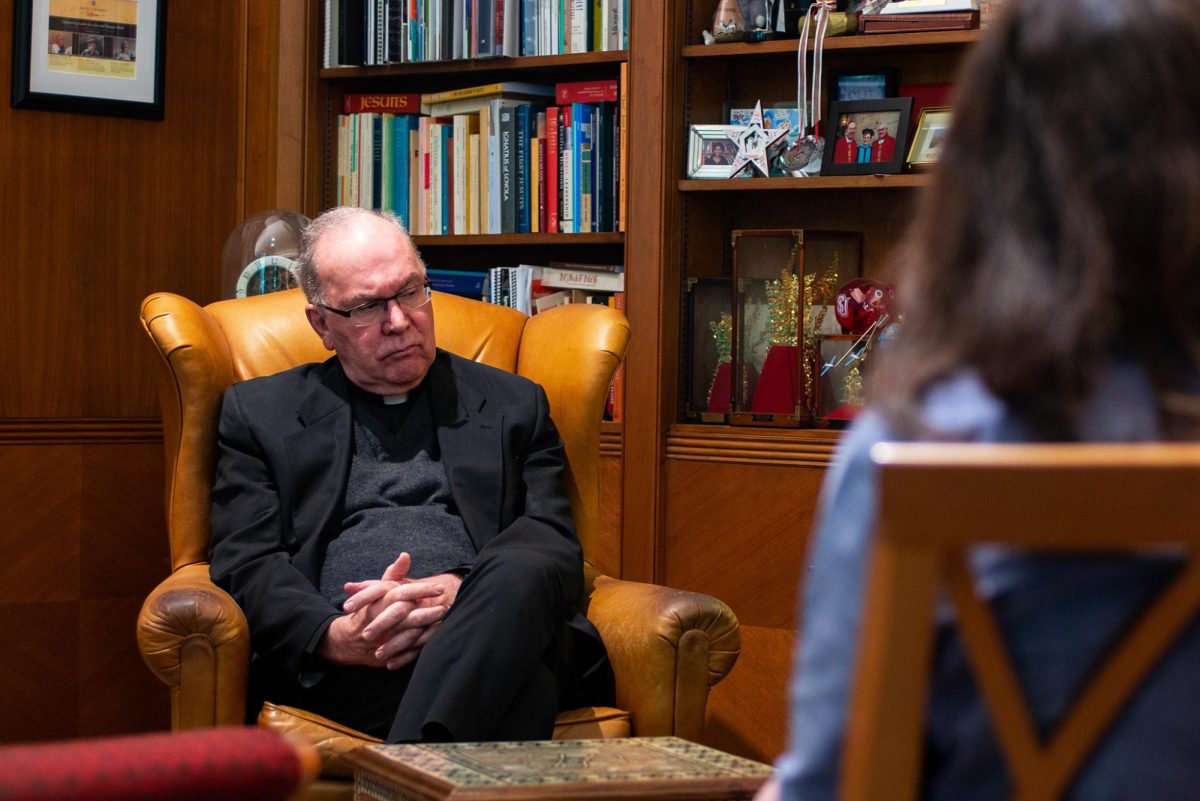


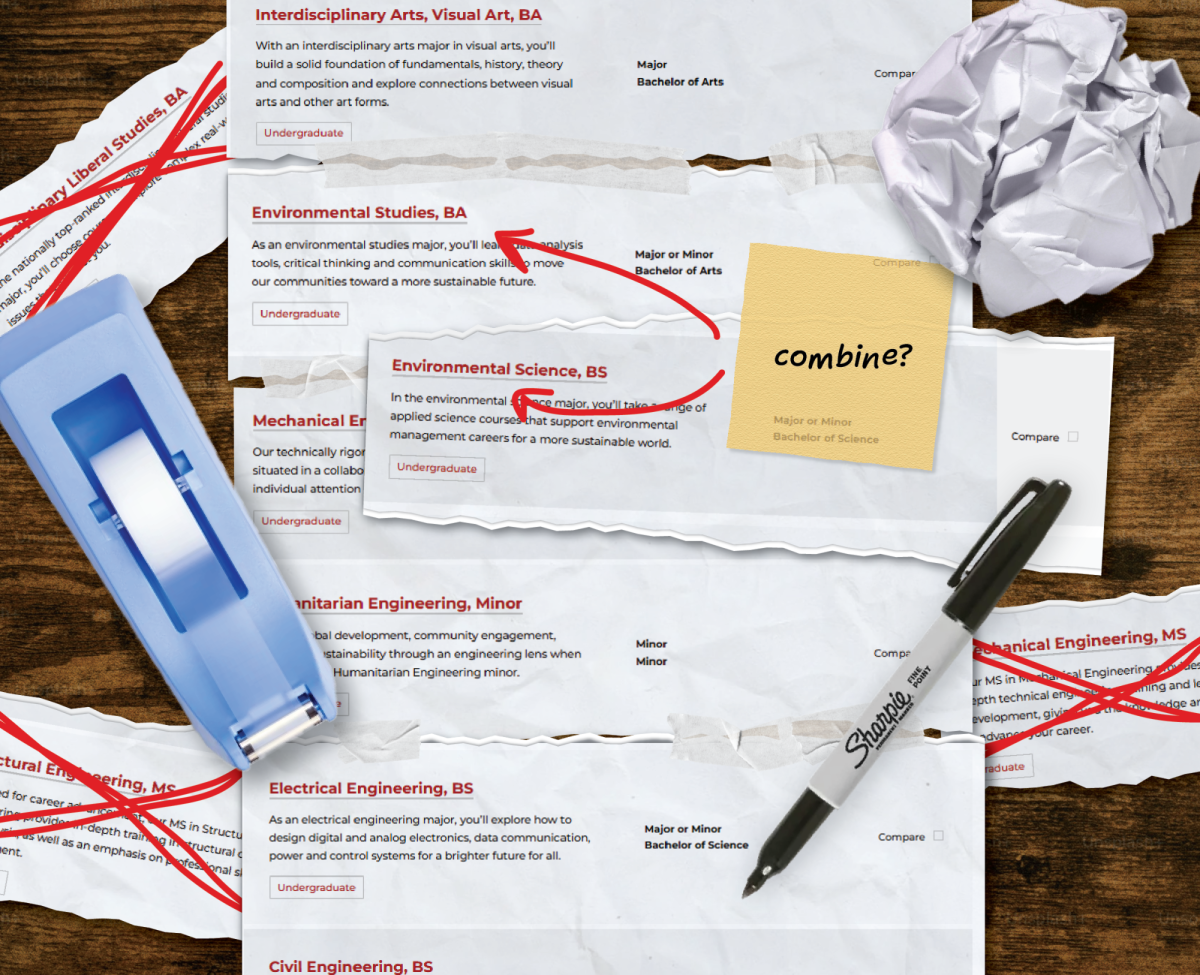
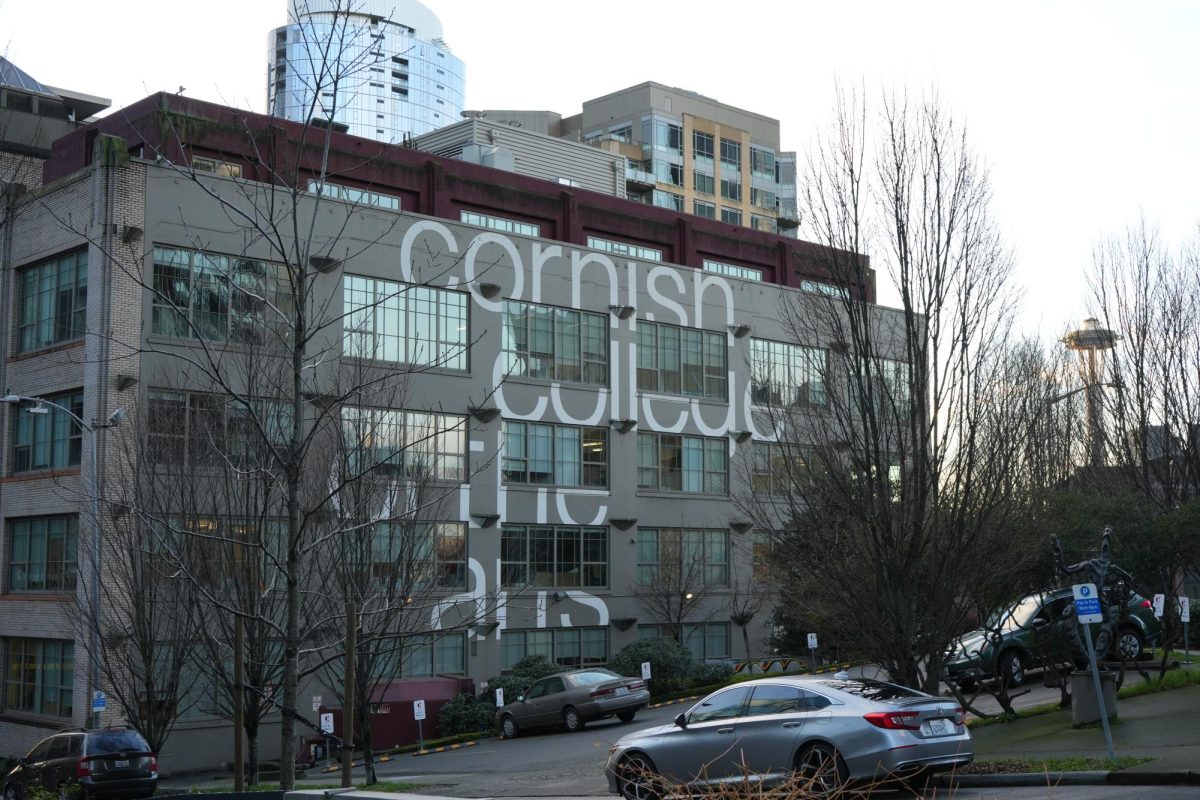
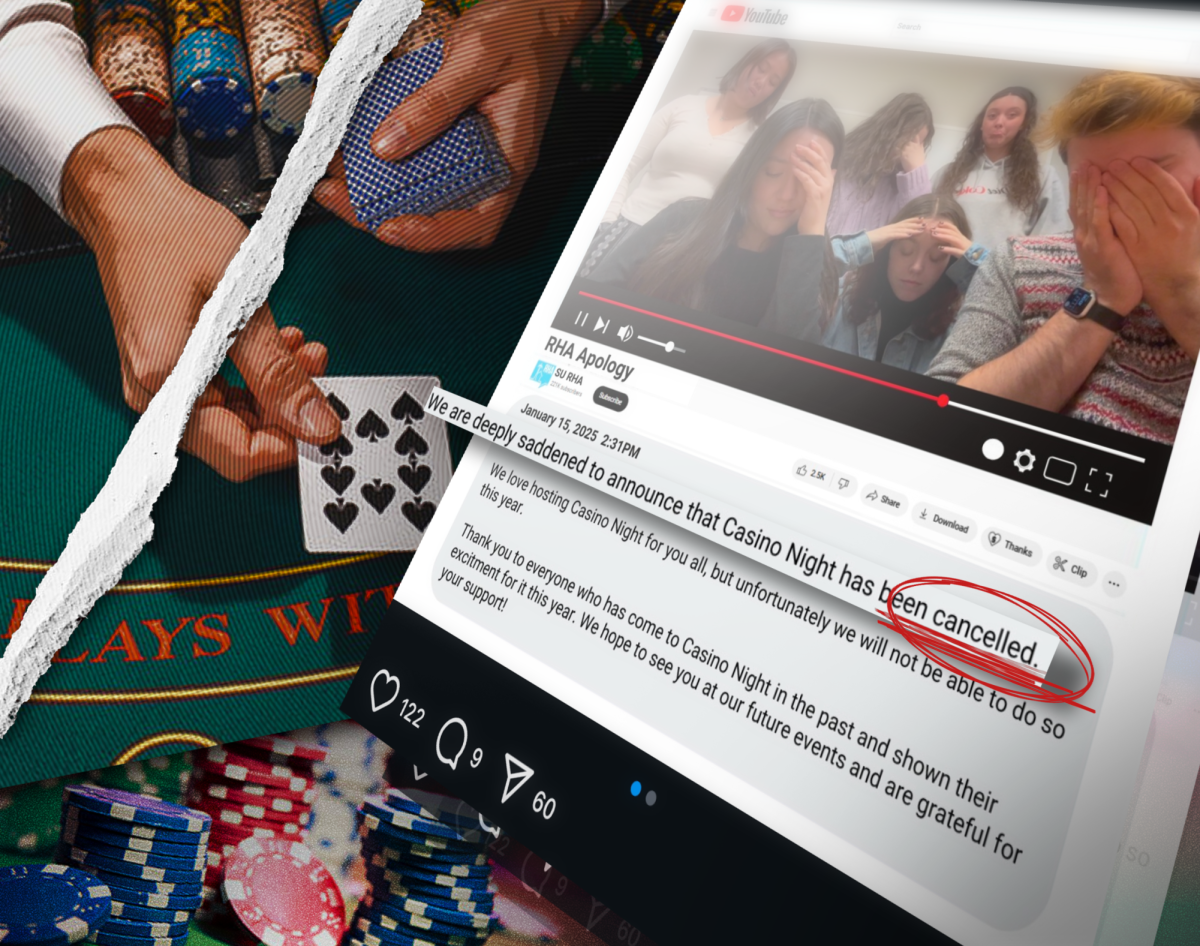

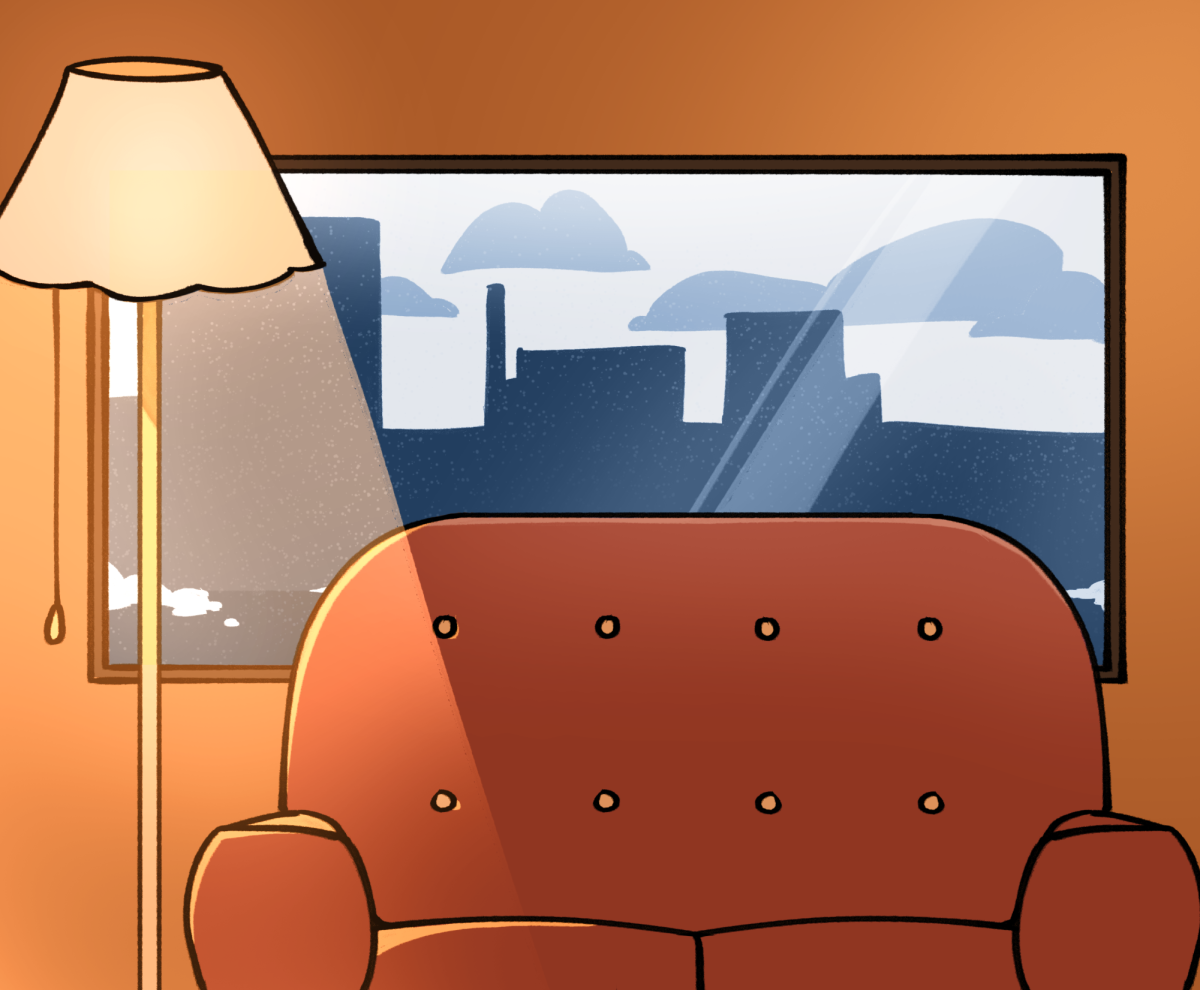
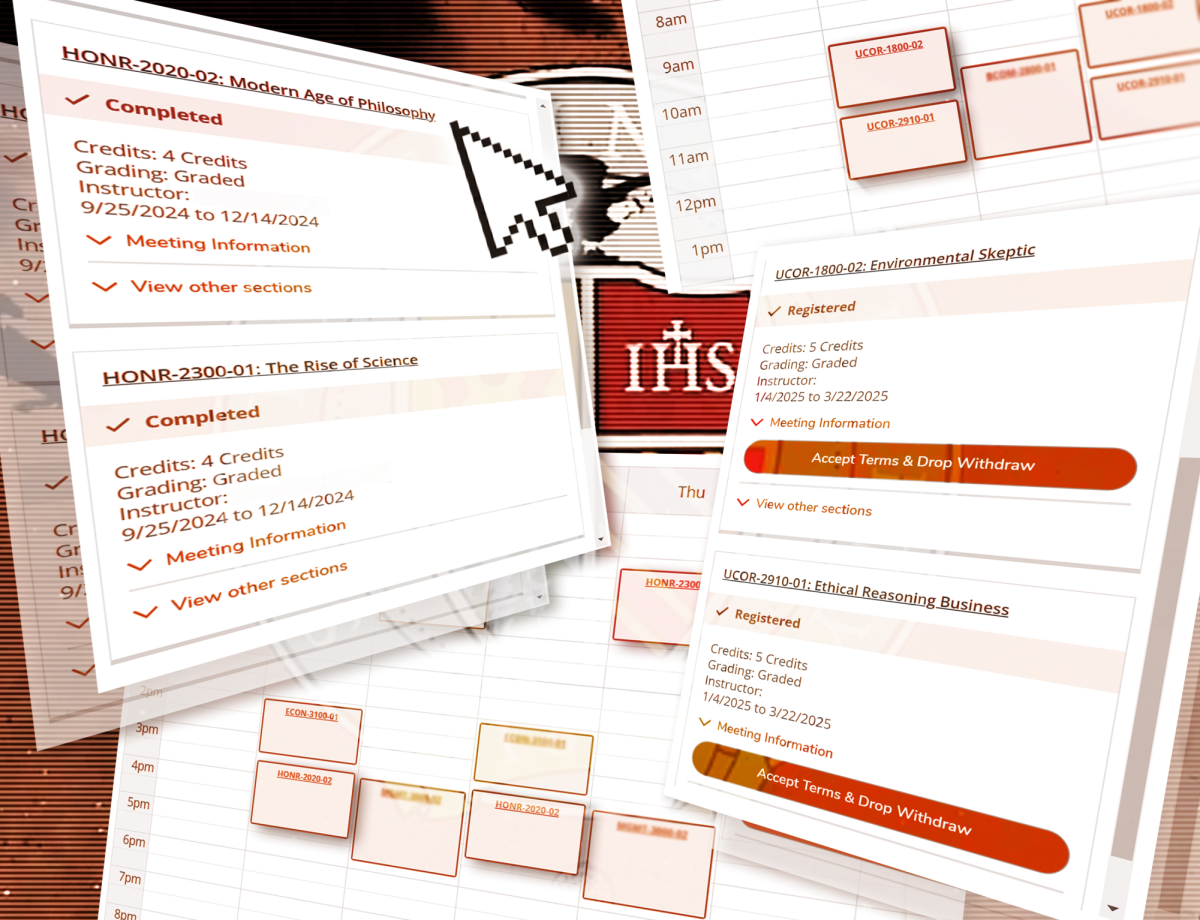
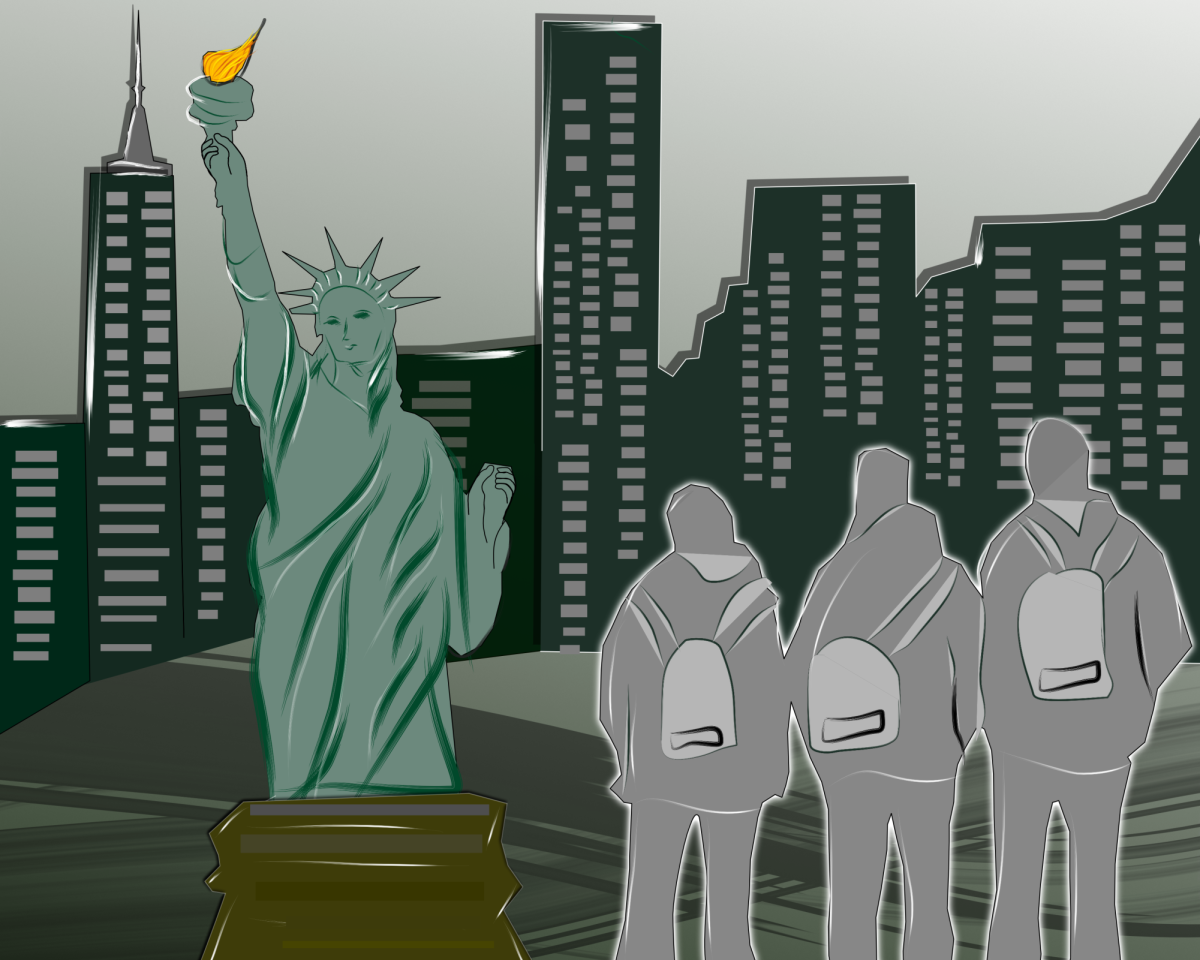
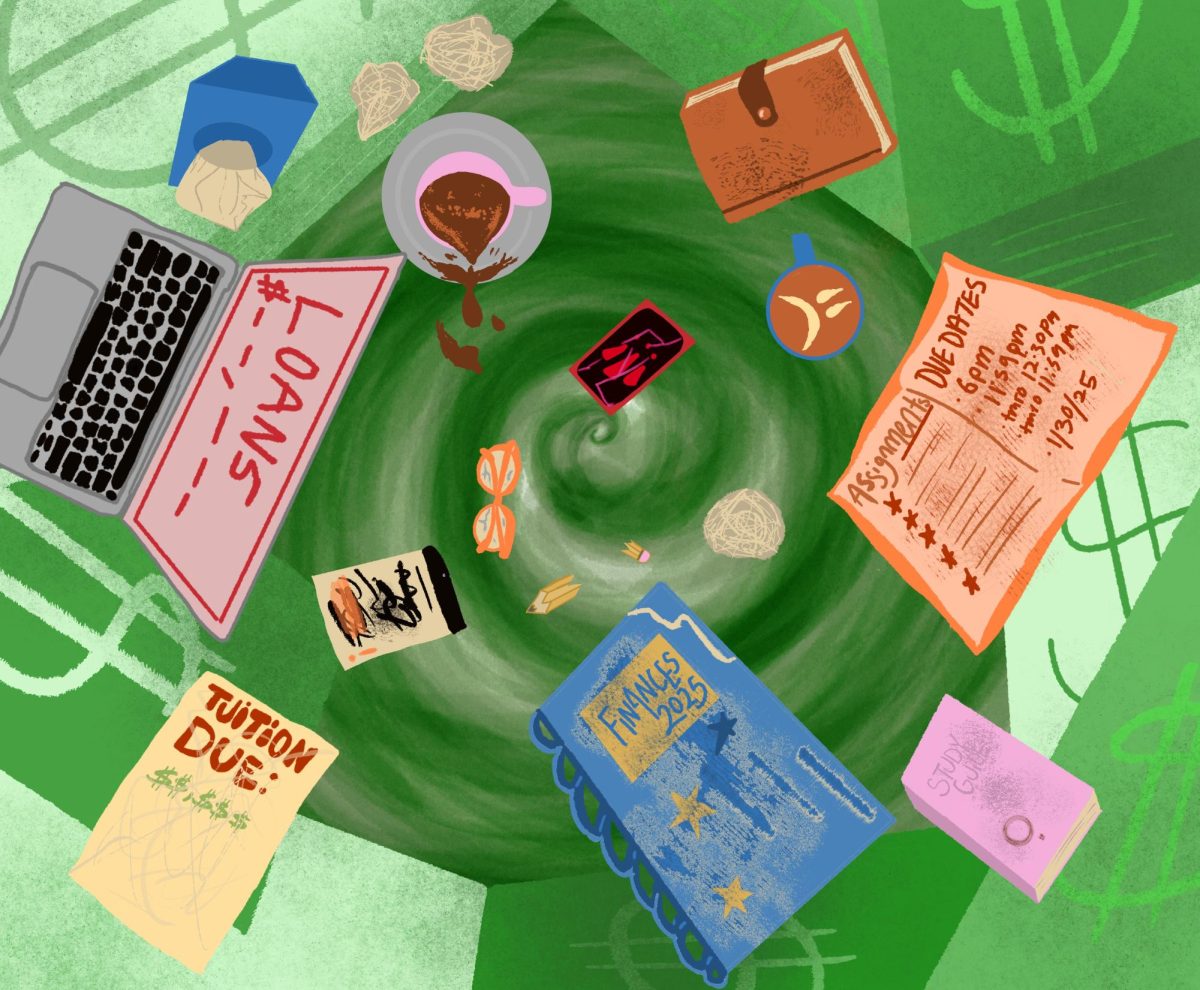
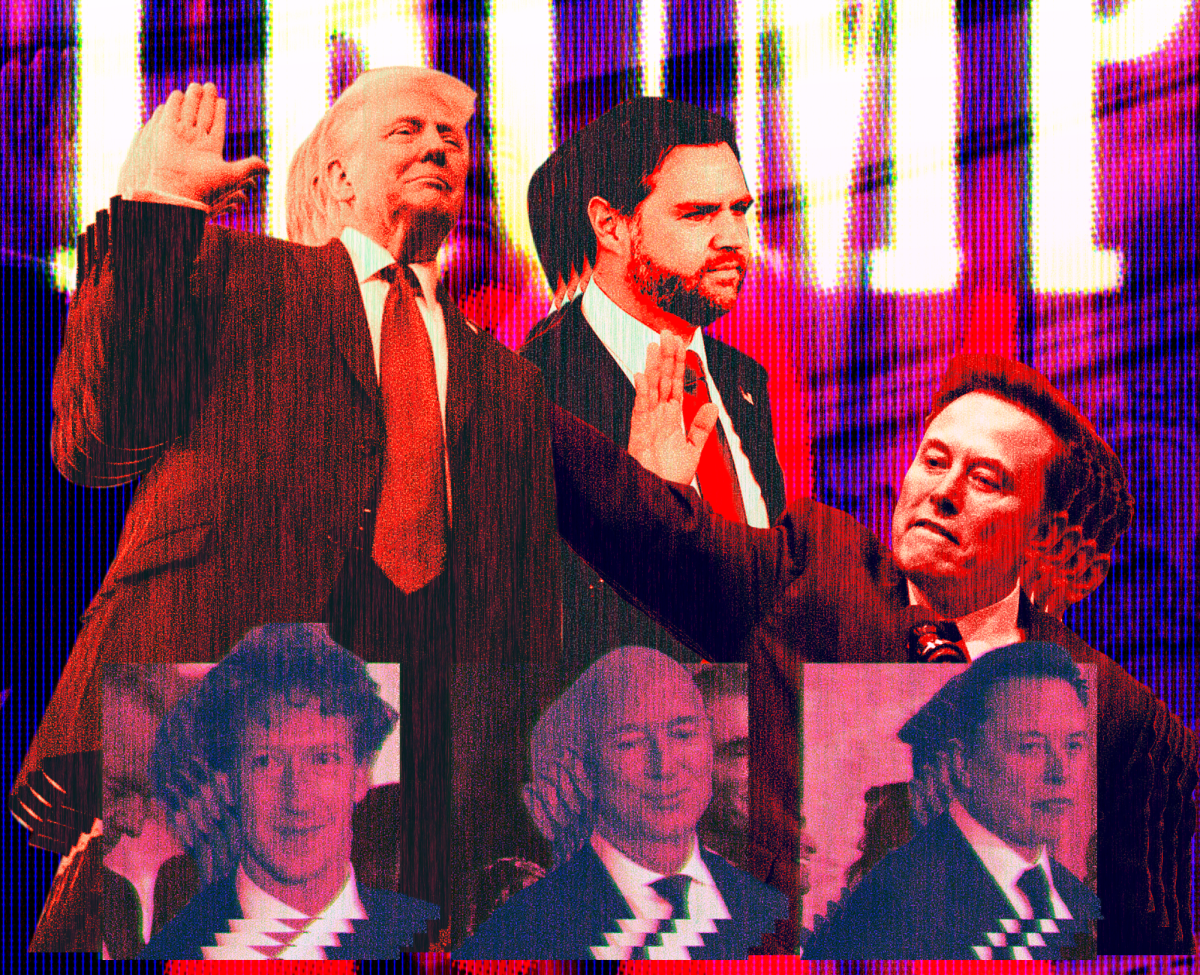
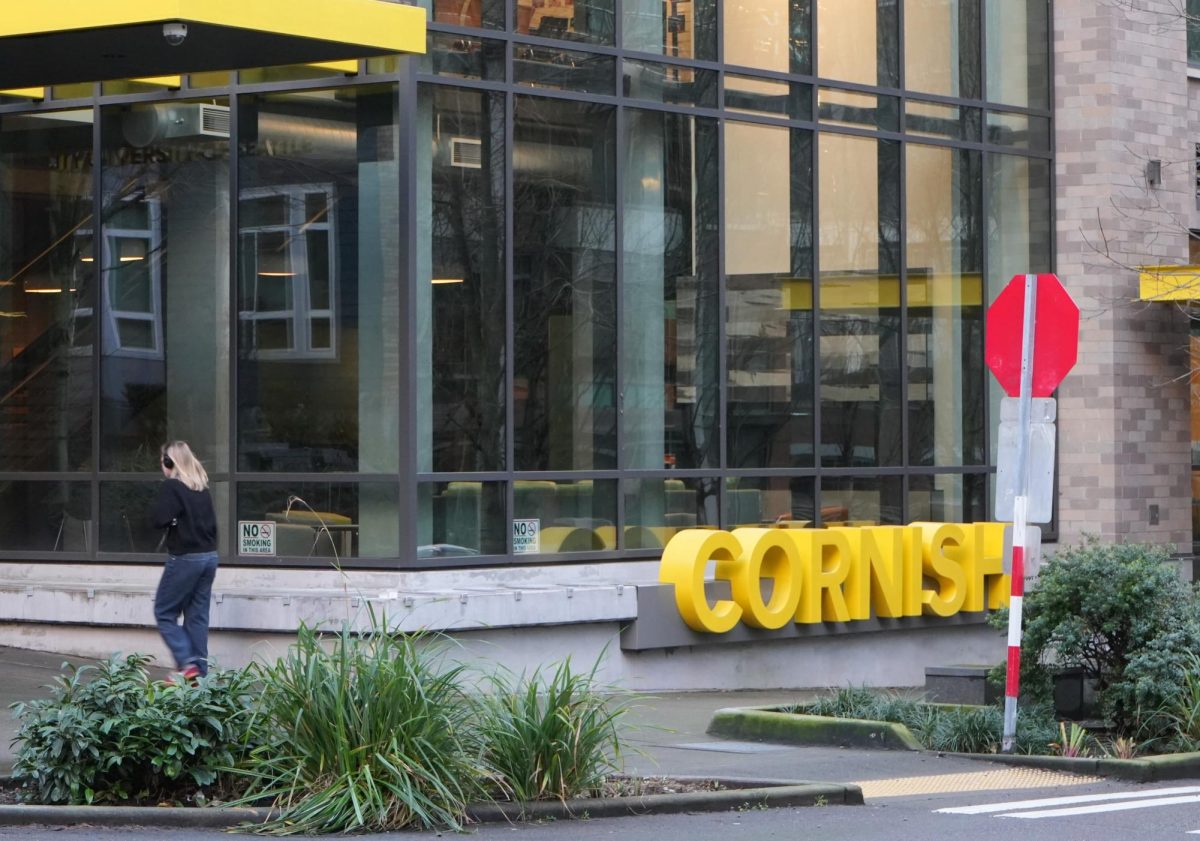
Priscilla Moreno
May 30, 2024 at 11:20 am
Sundborg has been an enabler of abusers for a very long time. I believe that Sundborg’s support of the now convicted rapist/voyeur RedWolf Pope is part of what gave Pope his sense of impunity to prey on more women beyond his time as a student.
Pope is also facing rape and voyeurism charges in Seattle and his trial is currently set for August 2024.
Sundborg had the opportunity to use his many prior years as university president to create an environment where victims and other marginalized students feel supported. It remains horrifying that he instead helped foster an environment where abusers and predators are supported.
SU administration is showing all of us their priorities when they put Sundborg in yet another leadership position as if it was owed to him.
To the other students and alumni who’ve been harmed on campus only to be met with indifference or hostility from administrators – I support you and you deserved better.